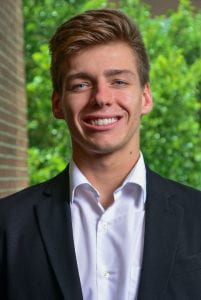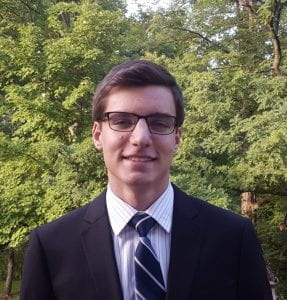Sarah Mantell, University of California, Santa Barbara
Brief Bio: Sarah Mantell graduated summa cum laude with her Bachelor of Science in Mathematics from California Polytechnic State University, San Luis Obispo in June 2021. In Fall 2021, she will begin a PhD program at the University of California, Santa Barbara in applied mathematics while continuing her work at Los Alamos National Laboratory.
Research and Academic Interests: Sarah’s research interests are widespread and include machine learning, image processing, and cryptography. Sarah’s work at Los Alamos National Laboratory is part of an interdisciplinary project that is studying the relationship between build parameters used in laser powder bed fusion and the resulting material properties. Thus far, Sarah has developed a variety of computer vision tools to analyze melt pools and flag samples that are likely to contain lack-of-fusion defects. Sarah’s mathematical interests include operator theory, low-dimensional topology, and machine learning. Outside of mathematics, she is interested in photography, cross stitching, and cooking.







